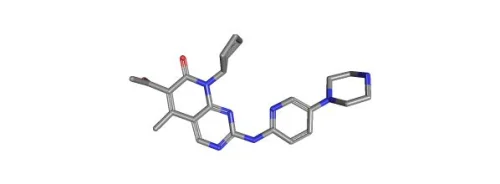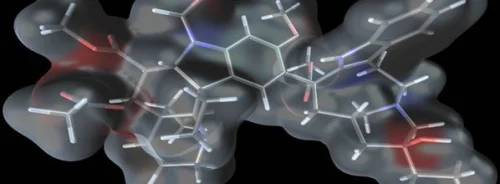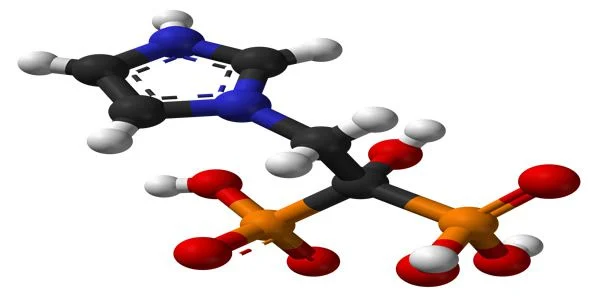According
to new studies led by researchers at the Icahn School of Medicine at Mount
Sinai, bisphosphonates may prevent certain kinds of lung, breast and colon
cancers. The studies have been published in the Proceedings
of the National Academy of Sciences (PNAS).
The studies show that bisphosphonates can block the abnormal growth signals that pass through the human EGF receptors (HER). Forms of this protein family make some tumours resistant to leading treatments. The connection between HER receptors and bisphosphonates was initially detected in a genetic database analysis and has also been confirmed in studies of human cancer cells and in mice.
According to Mone Zaidi, MD, Professor of Medicine and of Structural and Chemical Biology within the Icahn School of Medicine at Mount Sinai, Director of the Mount Sinai Bone Program, a member of the Tisch Cancer Institute at Mount Sinai and the lead author of this study, “Our study reveals a newfound mechanism that may enable the use of bisphosphonates in the future treatment and prevention of the many lung, breast and colon cancers driven by the HER family of receptors. Having already been approved by the FDA as effective at preventing bone loss, and having a long track record of safety, these drugs could be quickly applied to cancer if we can confirm in clinical trials that this drug class also reduces cancer growth in people. It would be much more efficient than starting drug design from scratch.”
The human epidermal growth factor receptor (HER/EGFR) family consists of four types of transmembrane tyrosine kinase receptors: HER1, HER2, HER3 and HER4. The HER receptor family regulates cell division and proliferation. Several types of cancers including nonsmall cell lung (NSCLC), breast and colon cancers are driven by genetic changes that activate the HER receptors and result in abnormal growth. Approximately 30 percent of NSCLC, 90 percent of colon cancers and 25 percent of breast cancers are the result of excessive amounts of HER2.
During this study, the researchers show that bisphosphonates bind to the kinase domains of HER proteins thus preventing the passing on of growth signals. While other drugs including trastuzumab (Herceptin), erlotinib (Tarceva) and gefitinib (Iressa) have dramatically improved survival of cancer patients, therapy with these drugs for more than three years in a row results in resistance.
The current study also suggests that bisphosphonates may block the function of HERs even when second mutations are present, and can be effective in treating cancers that have become treatment-resistant.
The study authors used the Connectivity Map to analyse the genes that had become more or less active in patients taking bisphosphonates. They were able to detect a digital cmap link between bisphosphonates and the HER receptor and by conducting experiments in cancer cell cultures and mice, the potential value of treating HER-driven cancers with bisphosphonates alone, and in combination with an approved tyrosine kinase inhibitor in Tarceva (iritinib) was confirmed. In mice, using bisphosphonates early on prevented HER-driven tumours from forming in the first place. Combining bisphosphonates with the tyrosine kinase inhibitor stopped tumour growth and reversed it. However, mice with colon cancer cells that do not signal for growth using HER receptors remained insensitive to bisphosphonate action.
Source: Newswise
Image Credit: Wikimedia Commons








